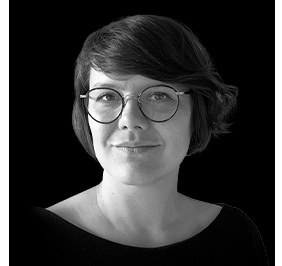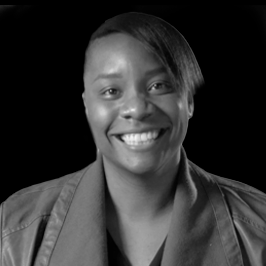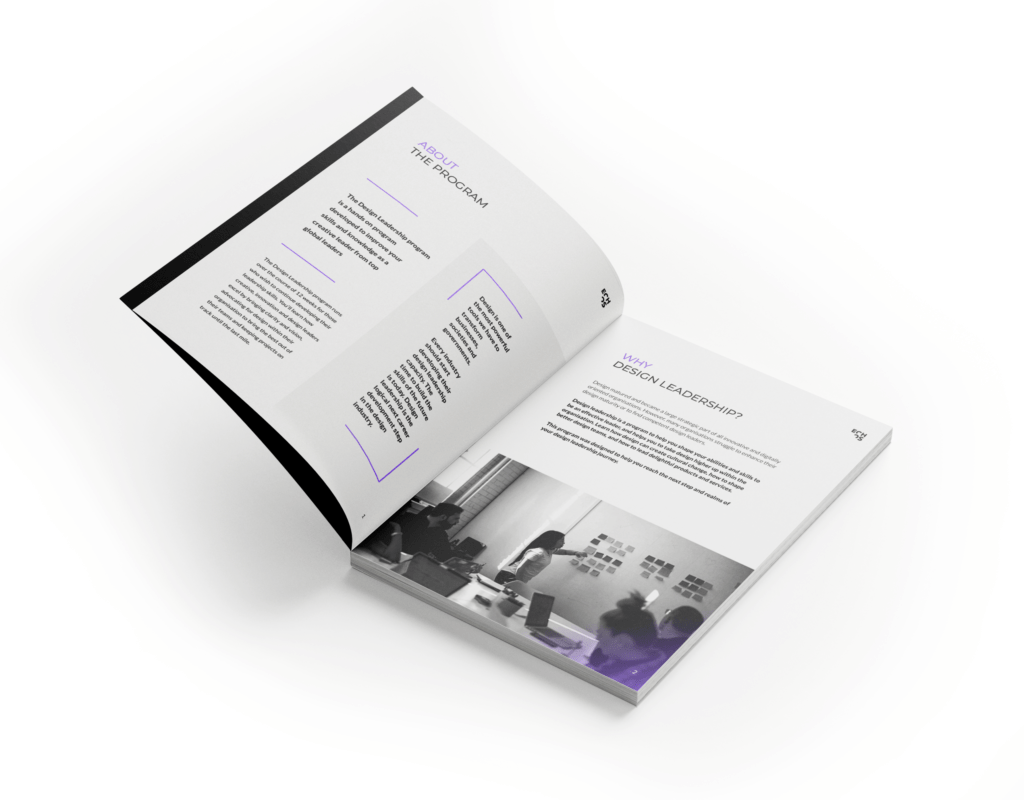Soft skills are a combination of personal character traits and interpersonal skills that allow individuals to build strong relationships with other people. In the workplace soft skills are seen as complementary to hard skills, which refer to a person’s knowledge and occupational skills.
With many companies and industries in a state of flux, soft skills such as effective communication, teamwork, adaptability, conflict resolution, flexibility and leadership capability are becoming not only desirable, but critical expertise. As things shift and change people who have strong soft skills can continue to thrive through this transition, and lead others through it.
This is one of the central definitions of leadership, a process of social influence, which focuses the efforts of others, towards the achievement of a goal. The definition of design leadership is much more nuanced. A design leader knows how to deal with ambiguity
and create new things. They become a master in writing new solutions, solving complex problems, and helping a team to achieve the best results possible, regardless of what they are designing. They provide a space for divergence for creativity and free flowing conceptualisation without adhering strictly to a process. However, they also know when to hold the space for divergence. They can be very agile and quick to move towards a final delivery.
It has never been more important for designers to prepare for the next steps in their career. The 21rst century will be defined by the changes the world goes through. Design can and does create positive change. As an industry designers must become diplomats of change and grow the influence of design within their organisations.
We spoke to four design leaders who are hosting international masterclasses in our Design Leadership course. They share their insights into how soft skills are core to developing design leadership capabilities.
Phil Balagtas, President of the Design Futures Initiative, Design Leadership course topic: Designing Futures
“I think the first step to prepare for design leadership is to take note of what you believe excellent leadership looks like. When is the last time you felt inspired by someone and was ready to work your ass off to support that person’s vision? Once you’re able to articulate why you felt that way and what motivated you to work so hard, you’ll be able to begin your pathway to preparation for that role. You’ll also need to accept the fact that being a people leader is very different from being an individual contributor, the responsibilities and communication structure and skills differ greatly. You’ll have to learn how to project manage and while you may have some opportunities to “design’ in the trenches, you’ll mostly need to be prepared to be a manager rather than architect. Shadowing great managers and taking the time to set up 1:1’s to understand the job’s details are useful, but the logistical part of leadership is just one facet. The hardest part is learning how to communicate at a different level, speaking and advocating for design with different stakeholders, and learning how to manage teams are all best learned though (though sometimes grueling) hands-on experience.”
Natalia Ćwiek, Creative Director at Huge, Design Leadership Masterclass Course Topic: Setting Up A Design Practice and a Design Team
“I think one of the most common mistakes is thinking that leadership skills come naturally with experience in design. The thing is that there are people who do not aim to lead teams, projects, to be a leader. But, if someone is into it, they will learn by shadowing, stepping up to tasks that are slightly above their skills. They need to focus not only on the craft but focus on soft skills in parallel.”
Vivianne Castillo, Founder at HmntyCntrd, Design Leadership Masterclass Course Topic: Designing for Impact
“Learning and knowing how to influence and persuade stakeholders with decision-making power will be key in your role, both in advocating for the needs of your team and in advocating for the people who will engage with the experiences you help to create. I’d recommend designers to read, listen to, or watch material on topics like persuasion, understanding power dynamics, how to influence, and how to genuinely build trust and safety in organizational settings. While these may be labeled as “soft” skills, I assure you that these are foundational skills.”
Erin Casali, Senior Director, and Head of Product Design at Automattic, Design Leadership Masterclass course topic: Feedback for Your Team and Product
“In my experience growing and coaching design leads, the hardest thing to do is to accept that “leadership” is a different job. It’s still grounded in all the knowledge of a designer, but it’s regardless of an entirely different job. Once this point is acknowledged, one is unblocked by the realization of all the new skills that need to be acquired, and that one should work more on delegation and organization, and not on design execution. The design work shifts in focus from the product to the organization shaping the product.”
Becoming acquainted with how soft skills can grow and influence a career in design raises a lot of questions. If moving into a leadership role requires less time on the tools, does that mean someone is still a designer? The answer is yes! When a designer is in a leadership position, their soft skills, the ability to inspire, coach and organise creates more design output than they ever could on their own. The impact of many designers working, versus one individual’s output is amplified throughout a project and ultimately throughout an organisation.
And while it’s often true that design leaders tend to do less actual design work, this isn’t always the case. Many design leaders will still maintain their hands-on approach with the additional roles of managing other designers and as well as working on the broader design vision. For designers who are about to step into or wish to step into a leadership position, download our full syllabus on our Design Leadership Course or schedule a call to learn more.
—
Follow us on social
instagram: @echosaustralia
facebook: @ECHOSaus
linkedin: @echos-innovation-lab
youtube: ECHOS Innovation Lab
spotify: Desired, the podcast
How Can We Help?
For training and Innovation Journeys in your company:
check out our in-house course offering.
____
For upcoming courses in your region: visit our website.
____
If you have a special project and would like to use Echos’ consultancy services: send us an email: contact@echos.cc
Want to speak to a real person? Call us on 1300 502 006







